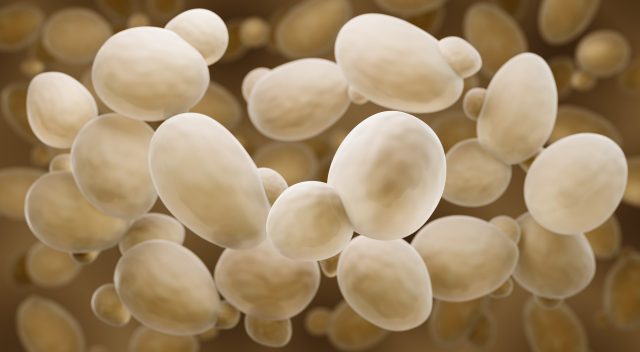This website uses cookies so that we can provide you with the best user experience possible. Cookie information is stored in your browser and performs functions such as recognising you when you return to our website and helping our team to understand which sections of the website you find most interesting and useful.
The magical powers of beer yeast for recycling and filtering water
Two new studies have shown the incredible power of beer yeast, helping with both the recycling of electronic scrap material and making water clean by removing lead.

The study, published in Frontiers in Bioengineering and Biotechnology, found that the ‘residual yeast sludge’ from the brewing process can be used to bind to metals from electronic waste, allowing for recycling of the large quantities of discarded technological products.
Scientists used an environmentally-friendly and selective biosorption approach with the study finding that spent brewer’s yeast could “efficiently recover” metals such as aluminium, copper, zinc and nickel out of polymetallic solutions.
Metal extraction
The researchers applied a series of yeast and metal solutions to scrapped printed circuit boards and through a scientific process were able to extract the metals. It said the four tested metals used aluminium, copper, nickel and zinc for the e-waste metal process.
The scientists said that e-waste recyclers prioritise the recovery of valuable metals such as gold, silver and platinum, meaning using the cheaper metals made the process beneficial and “justifies the recycling process”.
Speaking to Scientific American, lead study author Anna Sieber from the the school of natural resources and life sciences in Vienna, said that there was a large amount of brewer’s yeast that goes to waste in the country, and that the results meant that both waste from brewing and electronics could be cut down as a result.
The findings mean that electronic waste could be recycled in this way, removing the metals from potentially millions of discarded smartphones, laptops and other technology.
But equally another study has also found that beer yeast has another useful purpose, with a similar technique of biosorption applied, this time to remove metals from water.
Lead
This research by the Massachusetts Institute of Technology in the journal RSC Sustainability discovered that engineered yeast-containing hydrogel capsules could be used to remove lead from contaminated water quickly and without expense.
Scientists said the work could be especially useful in low-income areas with high lead contamination in the water.
Speaking to Science Daily, researcher Patricia Stathatou said the fact yeast was bio-based, benign, and biodegradable was a “significant advantage over traditional technologies”.
It said the researchers believed the process could be used to filter water directly coming into homes, or alternatively could be scaled-up as a process to treat large quantities of water directly at treatment plants.

